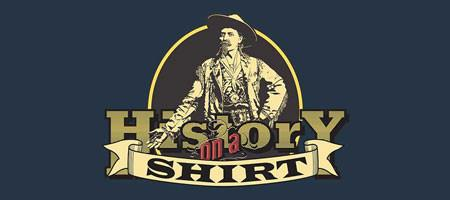The Ivy League contributed a surprising number of World War 1 pilots on the Allied side. And not just pilots either; Cornell University's chapter of the National Society of Scabbard and Blade likes to point out that Cornell contributed 4598 officers overall, more than any other institution, including West Point or Annapolis. This effort caused a lot of upheaval at the university, considering that in 1916 Cornell only had 4537 men (and 727 women) enrolled. Not that all the officers were current students, but many were, and Cornell was also part of training the officers, which used a lot of space normally occupied by regular students.
The Cornell Alumni News reported on the 1916-1917 school year, at the end of which cadets started taking the strenuous eight-week ground school, covering "military studies, engines, airplanes, aids to flight, aerial observation, gunnery, signaling, and radio." The cadets were housed in Schoellkopf Hall and ate in the Cascadilla and Sage dining halls, all of which buildings still exist on the campus. The building now used for ROTC at Cornell was also in use a hundred years ago, under Col. F. A. Barton, professor of military science and tactics, for whom the hall was eventually named. The ground school opened on May 21st, just weeks after America entered the war. Although the recent presidential campaign had used "He Kept Us Out of War", among the Ivy Leagues there was obviously a strong current of young men wanting to do their part to support France and England.
Interesting quotes from the Cornell Alumni News show a university happy to work with the War Department while reminding everyone that there are both rights and responsibilities to free speech in wartime. Athletics, on the other hand, was a menace needing reform.
"The authorities of the University have not hesitated to perform what they regarded as a high patriotic duty, even though it should result in a financial loss to the University, - a consummation, however, which they will use every effort to avert. They feel that the training of officers for the Aviation Section of the Signal Corps of the United States Army is one of the most important fields of endeavor which the University could enter at the present time. Every effort is being put forth to make this school at Cornell the best of its kind in the country. And there is the most reliable evidence for stating that the War Department has a high appreciation of the prompt, generous, and effective cooperation which it has received from the authorities of Cornell University."
"But the entrance of the United States into the great world-war a few days earlier led to a postponement of action on the budget until the June meeting."
"A good many instructors whose terms expired in June entered the Army or Navy or other branches of the public service and their places were not filled, and leaves of absence were given to a number of professors and assistant professors for the same purpose."
"'Next to raising the intellectual tone and vitality of American colleges and universities,' [university president Schurman] believes, 'no reform is more necessary than the regulation and control of athletics, which are a constant menace to the intellectual and scholarly life and spirit of those institutions.'"
"...it is especially incumbent on the Cornell community, while continuing to adhere inflexibly to their views on academic freedom, to recognize the duties and proprieties which the just assertion of this fundamental right necessarily involves especially in time of war."
"There is a presumption in war time in favor of not embarrassing the Government by criticism even when one's private opinion may not coincide with the policy the Government pursues..."
"Certainly the Nation has a right to expect that every critic shall make it clear that he is for America and not for the enemies of America and that he is not indifferent to the issues for which America contends by force of arms. Yet minorities must be heard, and views must not be suppressed solely because they are unpopular: otherwise moral and intellectual progress would be impossible."
Alumni notes of the Great War:
"Captain Norman B. Livermore, Corps of Engineers, U.S.R., is probably 'somewhere in France.'"
"Newton C. Fassett, of Spokane, Wash., formerly of Elmira, has enlisted as a private in the U. S. Army Ambulance Corps and is under orders to proceed to the training camp at Allentown, Pa."
"Captain Robert M. Falkenau, Quartermaster Corps, U.S.R., is with the American Expeditionary Forces."
To be continued...Cornell's relationship to the military changed over a hundred years; comments on Ivy Leaguers in the military from a retired Cornellian USAF pilot.
